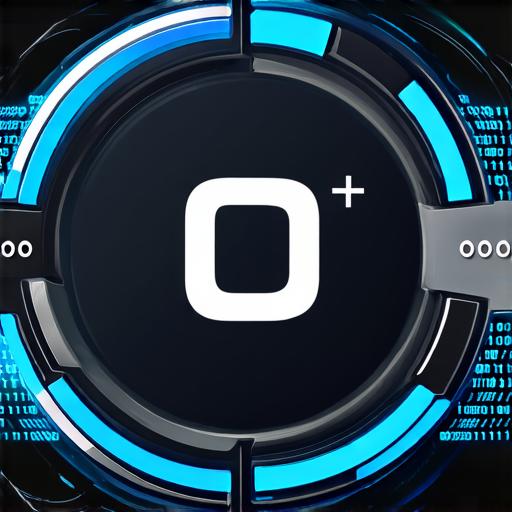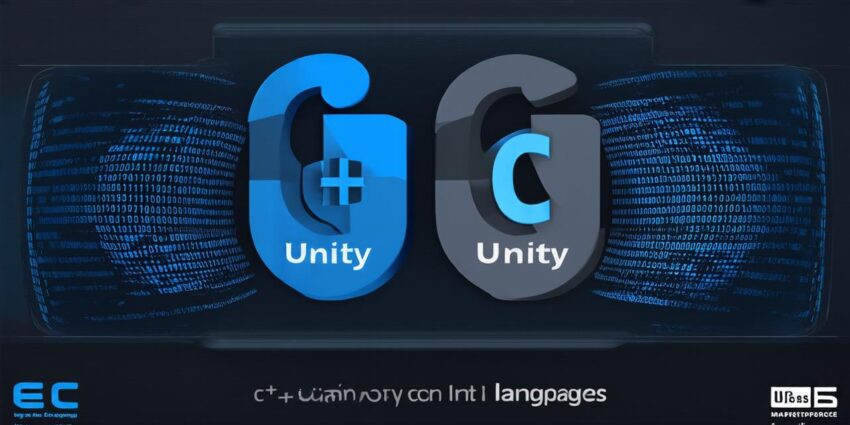Unity is a popular game engine that supports both C++ and C programming languages. While C is the primary language used in Unity, C++ can be used for performance-critical tasks such as rendering and physics simulation. In this article, we will explore the use of C++ and C in Unity.

C++ vs. C: Which Language to Use?
When it comes to choosing between C++ and C in Unity, there are a few factors to consider. Firstly, C is generally easier to learn and use than C++, making it a good choice for beginners or those who prefer a higher-level language. On the other hand, C++ offers better performance and control over low-level details, making it a better choice for experienced developers or those who require high performance.
C in Unity: The Primary Language
C is the primary language used in Unity, and it is designed to be easy to use and learn. It has a clean syntax and a large number of built-in libraries and tools that make development faster and easier. With C, developers can create everything from simple 2D games to complex 3D applications.
C++ in Unity: For Performance-Critical Tasks
While C is the primary language used in Unity, C++ can be used for performance-critical tasks such as rendering and physics simulation. This is because C++ offers better control over low-level details and can be optimized for specific tasks. However, it is important to note that using C++ in Unity requires a good understanding of both languages and experience with C++ development.
Summary: C++ and C in Unity
In conclusion, Unity supports both C++ and C programming languages. While C is the primary language used in Unity, C++ can be used for performance-critical tasks. When choosing between the two languages, it is important to consider factors such as ease of use, performance, and experience level. Ultimately, the choice will depend on the specific needs of the developer or team.
